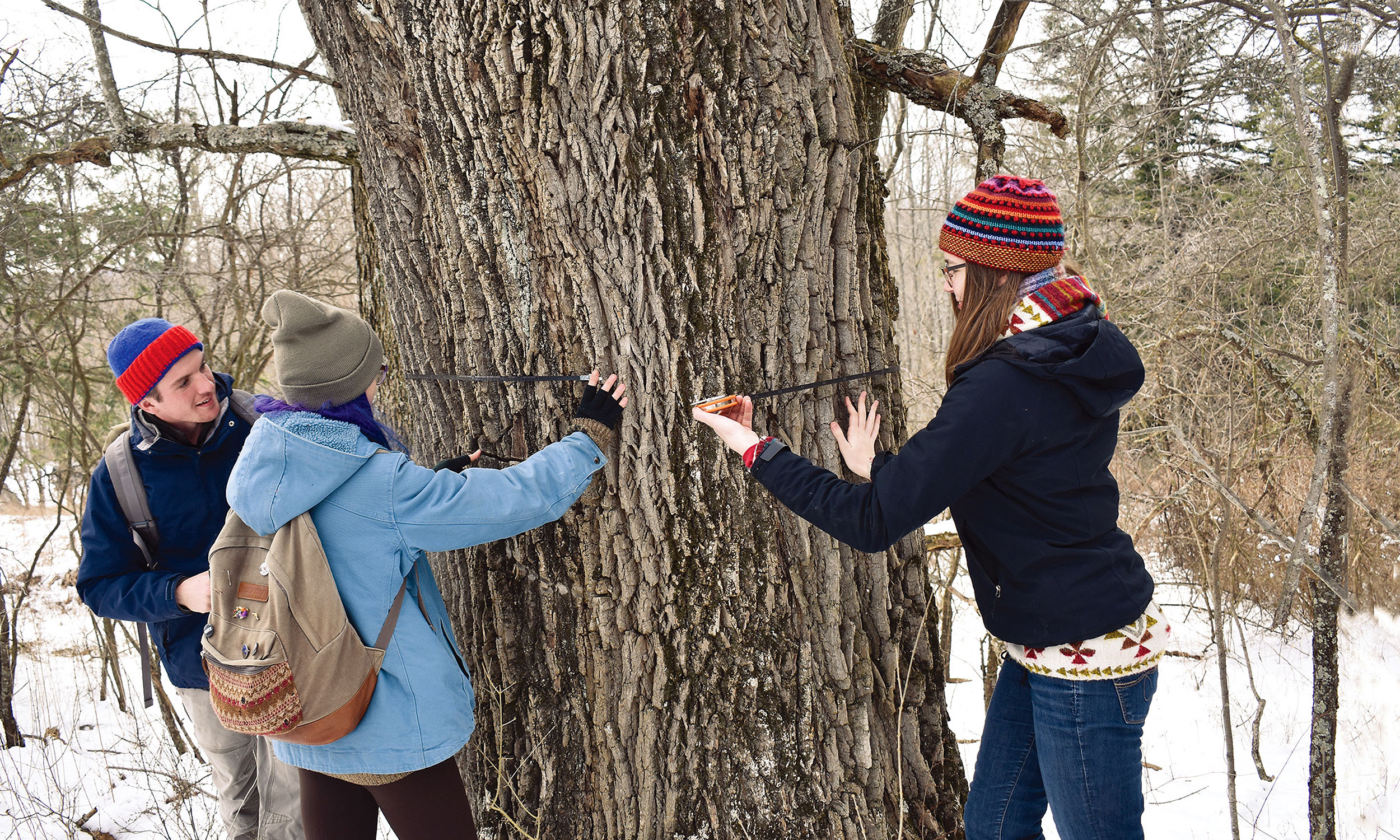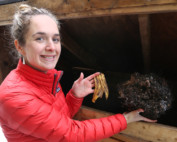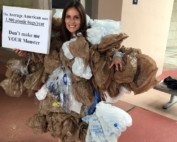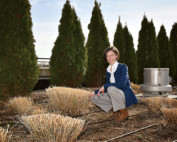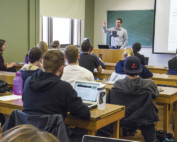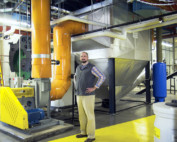A $500,000 gift from the Fuller Center for Productive Landscapes has established a new initiative at ESF, devoted to exploring with both students and landowners the conservation opportunities that exist on privately held land.
The gift from the Fuller Center, which is a living laboratory for exploring the role of place in cultural and ecological sustainability, is the largest single gift ever received by the College’s Roosevelt Wild Life Station (RWLS). The gift will be administered by the ESF College Foundation, Inc.
Nora Heaphy of the ESF Office of Development described the support as a “transformational gift” that will positively impact ESF students as the College takes on a leadership role in shaping the relationship between private land management and biodiversity conservation.
“Most land is privately owned. About 70 percent of the land in the United States is in private hands. The future of conservation is on private property,” said ESF Professor James Gibbs, director of the RWLS. “Most landowners we interact with are passionate about making sure their land sustains both their families and wildlife. A lot of landowners are asking for advice about how to deal with those combined challenges and opportunities.”
The Fuller Center’s gift, funded over five years, is aimed at educating private landowners about how they can use their land for productive purposes such as agriculture, forestry or recreation while enhancing and safeguarding biodiversity. The project is designed to generate appropriate guidance and provide trained professionals needed to manage private lands sustainably, and encourage mixed land uses that support land stewardship, including bolstering small-scale agriculture that was historically so important in the Northeast.
The gift supports a position for biodiversity researcher Sam Quinn, who earned his undergraduate degree in conservation biology from ESF in 2007 and his M.S. in conservation biology in 2010. Quinn’s experience as a farm biologist in Virginia makes him uniquely qualified to take on this new role.
“As a farm biologist, you’re managing the landscape for both biodiversity and economic benefit,” he said. “You can often do both with some conservation knowhow.”
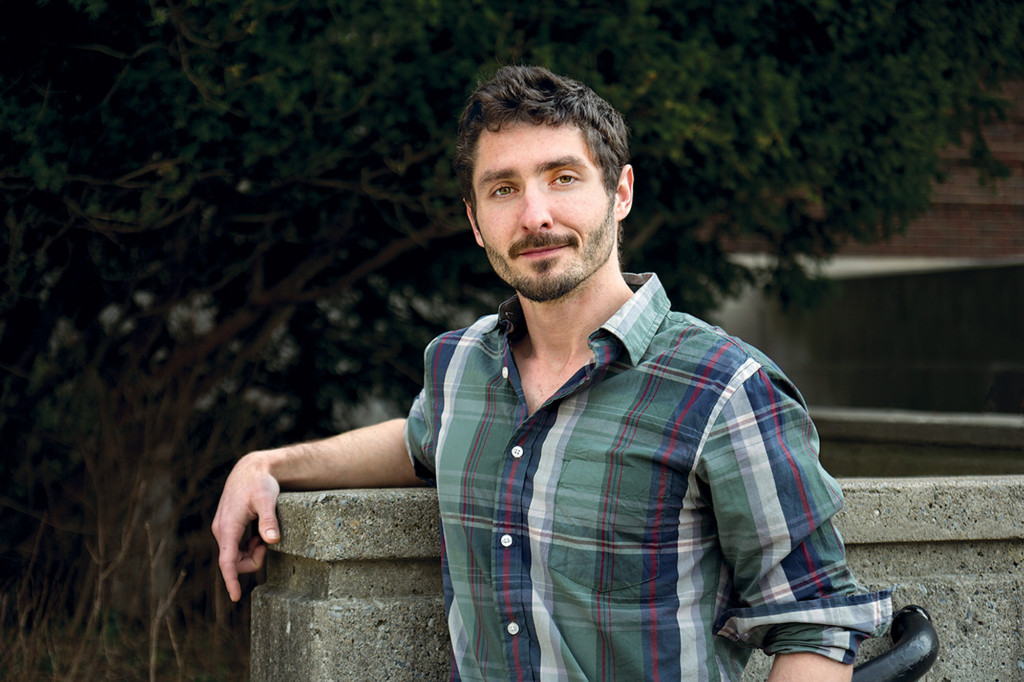
A gift from the Fuller Center funds a biodiversity researcher position for Sam Quinn, above, ESF ’07, M.S. ’10.
“The idea is to tell the landowners, ‘Here are the numbers. Here’s how these sustainable practices and biodiversity conservation can add to your bottom line as a farmer or a forester,’” he said.
During spring break this year, Quinn and 10 ESF students spent 10 days at a large, private property in the Northeast, conducting a biological survey while formulating land management recommendations. The students are from several different academic programs at ESF, including landscape architecture and conservation biology.
Eventually, the partnership between the College and the Fuller Center will generate and disseminate guidelines based on the highest-quality science available for promoting biodiversity conservation on private lands. The project seeks to create a network of landowners, landscape design firms and collaborating agencies to spread the lessons learned. A key partner will be Nelson Byrd Woltz Landscape Architects, which has worked with the RWLS to integrate biological inventories into landscape design.
“One of our primary goals is to have ESF students explore the challenge of balancing biodiversity conservation with working landscapes,” said Donald J. Leopold, chair of the ESF Department of Environmental and Forest Biology. “The Fuller Center provides a unique setting for immersive study given the complexity of fields, woods, wetlands, lake, residential areas and small-scale agriculture, all at the property.”
ESF President Quentin Wheeler said ESF is honored to establish this partnership between the Fuller Center for Productive Landscapes and the RWLS. “This provides an opportunity to advance science-based conservation of biodiversity in working landscapes,” Wheeler said. “As President Theodore Roosevelt once said: ‘The conservation of natural resources is the fundamental problem. Unless we solve that problem it will avail us little to solve all others.’”
“One of our primary goals is to have ESF students explore the challenge of balancing biodiversity conservation with working landscapes.” — Dr. Donald J. Leopold.


